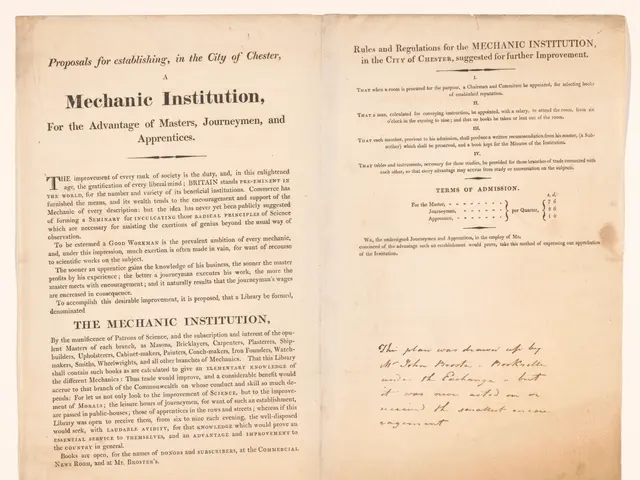Strategies to Identify Dishonest Individuals from Afar (10 Methods)
In our dealings with others, we often encounter individuals who present themselves as friends, but their motivations may not be sincere. These individuals, while appearing friendly on the surface, are driven by self-interest rather than genuine concern for our well-being.
In this piece, we will explore how to identify such individuals and provide strategies for addressing them.
Recognizing Insincere Friendships
Inconsistency in Actions
False friends often fail to follow through on their words and promises. Their actions might not align with their words, leaving them struggling to keep up appearances.
Negative Talk and Gossip
Fake friends are known for talking negatively about others. They are drawn to spreading rumors and deriving pleasure from disparaging others, often at their expense.
Constant Seeking of Validation
The need for validation is a telltale sign of a fake friend. They crave others' admiration and acceptance, often resorting to disingenuous behavior to gain it.
Unrealistic Expectations
Insincere friends often have unreasonable expectations from others. They believe everyone should be perfect all the time and grow frustrated when their standards are not met.
Lack of Empathy
True friends take the time to understand and relate to one another's feelings. Insincere friends, however, are more focused on themselves, often failing to empathize with others' struggles or concerns.
Lack of Accountability
When confronted with their mistakes, fake friends often avoid taking responsibility. They tend to blame others or make excuses to avoid accountability.
Conditional Friendship
Friendship that is only maintained for their benefit is known as conditional friendship. Such individuals are only interested in furthering their own gain, often using relationships as a means to an end.
Manipulation and Emotional Blackmail
Insincere friends might use guilt, threats, or emotional blackmail to control others. They manipulate relationships for their personal advantage, often at the expense of others.
Ignores Boundaries
True friends respect one another's personal space and emotional boundaries. Fake friends, on the other hand, often disregard these boundaries, violating privacy and invading personal space.
Strategies for Dealing with Insincere Friends
- Recognize the signs: Understand and identify the behaviors exhibited by a fake friend.
- Set boundaries: Clearly communicate what you will and will not tolerate in a relationship. Stick to these boundaries as a means of protecting yourself.
- Limit contact: Reduce the amount of time spent with such individuals. Focus your energy on real and supportive relationships.
- Stay calm: Maintain composure in interactions with them to avoid emotional reactions.
- Speak up: If their behavior troubles you, express your concerns calmly and assertively.
- Seek support: Discuss the situation with trusted individuals, experts, or support groups to gain a fresh perspective and reduce feelings of isolation.
- Focus on yourself: Prioritize your own well-being and personal growth.
- Evaluate the relationship: Consider whether the friendship is worth maintaining or if it would be beneficial to move on.
- Meet genuine individuals: Surround yourself with sincere and supportive people to foster healthier and more meaningful relationships.
- Let go if necessary: End toxic relationships that no longer serve your best interests.
By cultivating self-awareness and employing these strategies, you can navigate insincere friendships and cultivate authentic, meaningful relationships.
Personal Growth and Education-and-Self-Development
Developing an understanding of insincere friendships can contribute to personal growth and self-development. Learning to recognize the signs is a crucial step in understanding your own needs and limitations in relationships.
Lifestyle and Relationships
Cultivating healthy and meaningful relationships is essential for a balanced lifestyle. Identifying and addressing insincere friendships allows you to focus your energy on fostering connections built on trust, empathy, and mutual respect.






